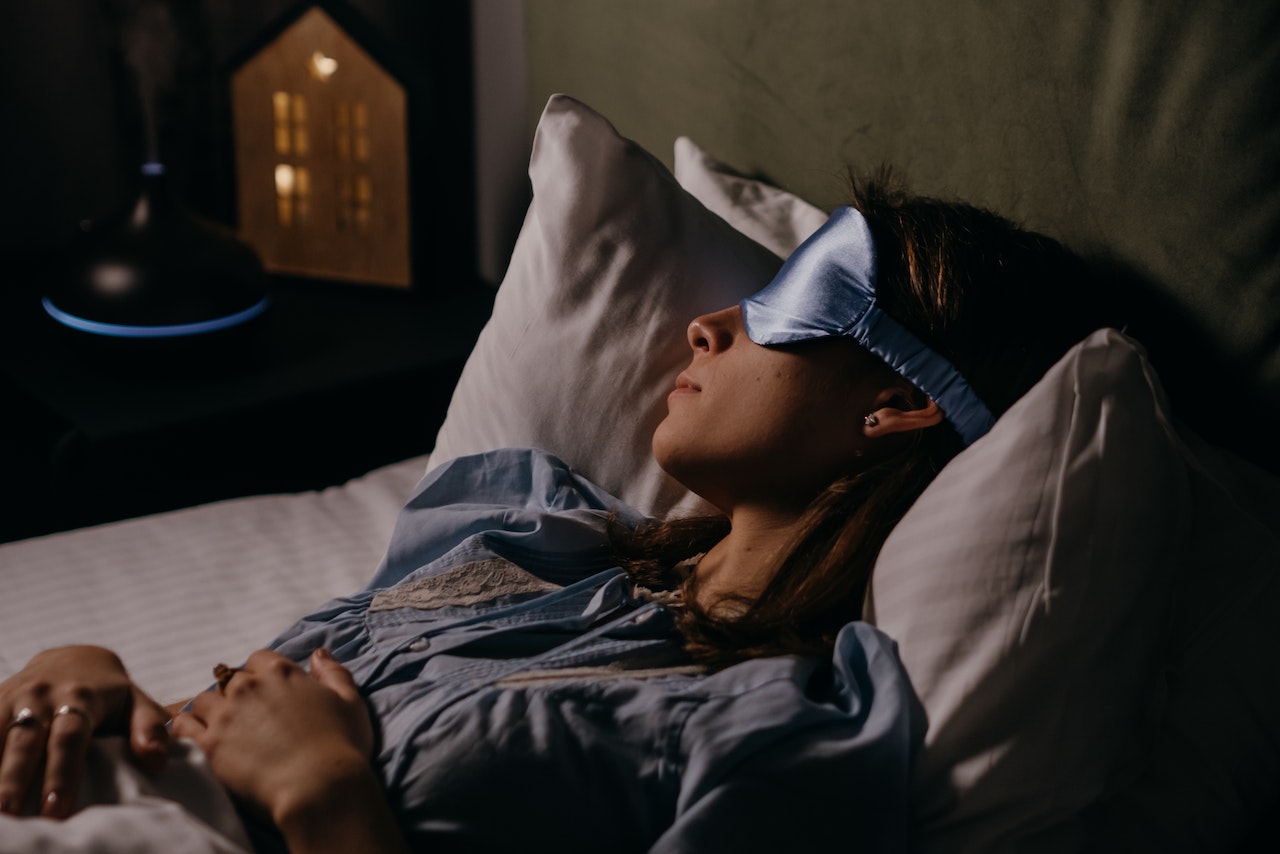Improving your quality of sleep will physically and mentally support the body’s function of aging well. Sleep affects your stress level, mood, anxiety, and diet choices. When you’re rested, the body looks and feels its best. However, when you are not getting a quality night’s rest, the body struggles to repair itself, which can lead to physical and mental health issues.
The first signs of poor sleep quality are:
- Physical
- Hair loss
- Dull skin
- Undereye bags/circles
- Brittle nails
- Chapped lips
- Puffy/swollen hands, feet, and face
- Mental
- Mood swings
- Lack of energy
- Anxiety
- Restless
Being mindful of the factors that are triggering your sleep deprivation will help identify what you need to do to combat fatigue.
Diet
- The time of day you eat certain foods can affect your sleep. By limiting your daily window of eating to a 12-hour timeframe, you protect your body’s circadian rhythm from the negative impacts of undigested foods at bedtime.
- Aim to eat dinner between 5-7pm. This gives your body plenty of time to properly digest food. Furthermore, it reduces your chances of sleep disruption from indigestion, heartburn, and spiked blood sugar levels.
- The body repairs itself during sleep. Hormones balance themselves, skin repairs itself, muscles mend, organs detoxify, and cytokines are released, which support the immune system and overall boost immunity. So strive to avoid eating after 7pm so that your body has a chance to repair itself.
Sleep Hygiene
- Overlooking sleep hygiene can significantly impact your quality of sleep. Get in the habit of having a set sleep schedule. Go to bed at the same time every night and have a fixed wake-up time. Eventually, your body will adjust to the schedule and you will not need to set an alarm – your body will do it for you!
- Avoid naps on the daily. Napping is a great way regain energy from a stressful event or tiresome week, but steer clear of taking a nap every day. This disrupts your sleep pattern and gets you off schedule.
- Maintain a consistent bedtime routine. Take 30 minutes before heading to bed to wind down, whether it be reading, praying, meditating, or journaling. But do try to avoid electronic devices as these can confuse your brain into believing it’s earlier than it really is!
- Dim those lights! Artificial bright lighting suppresses melatonin production, impairing sleep quality. For more information on melatonin production and the impacts it has on our health, check out this melatonin article.
The quality of sleep you get can do wonders for your mind and body! Are you struggling with feeling rested during the day? Do you wake up multiple times throughout the night? Do you crave sugar and caffeine to maintain alertness? If so, you need to take inventory of your sleep quality. For help in doing so, reach out to me. I want you to look and feel your best! Be sure and check out “Melatonin – More than a Sleep Hormone” for details on how to sleep better!





